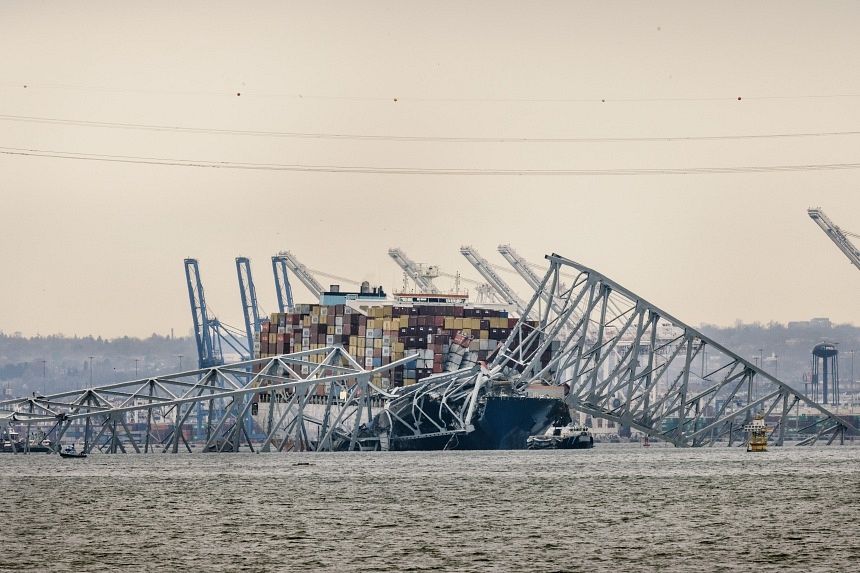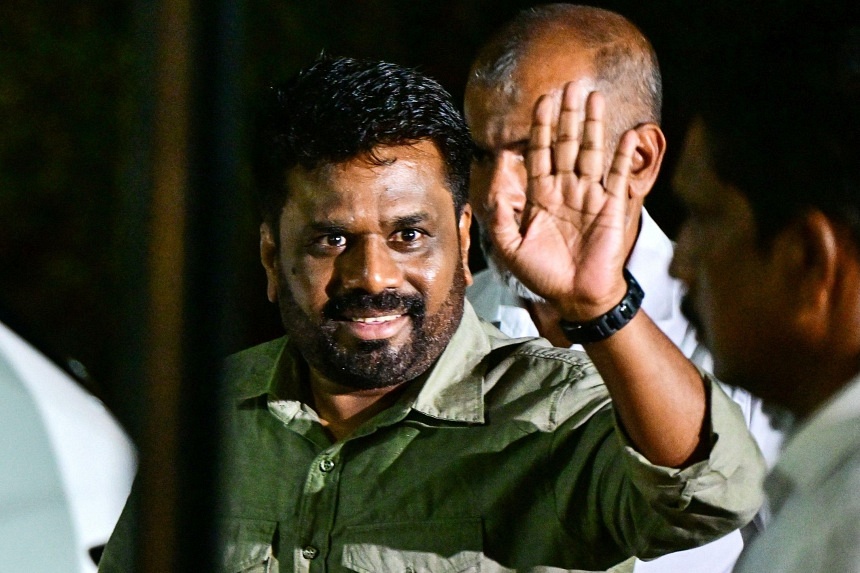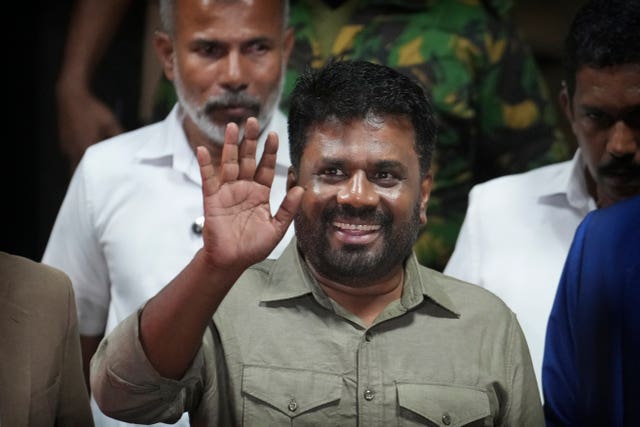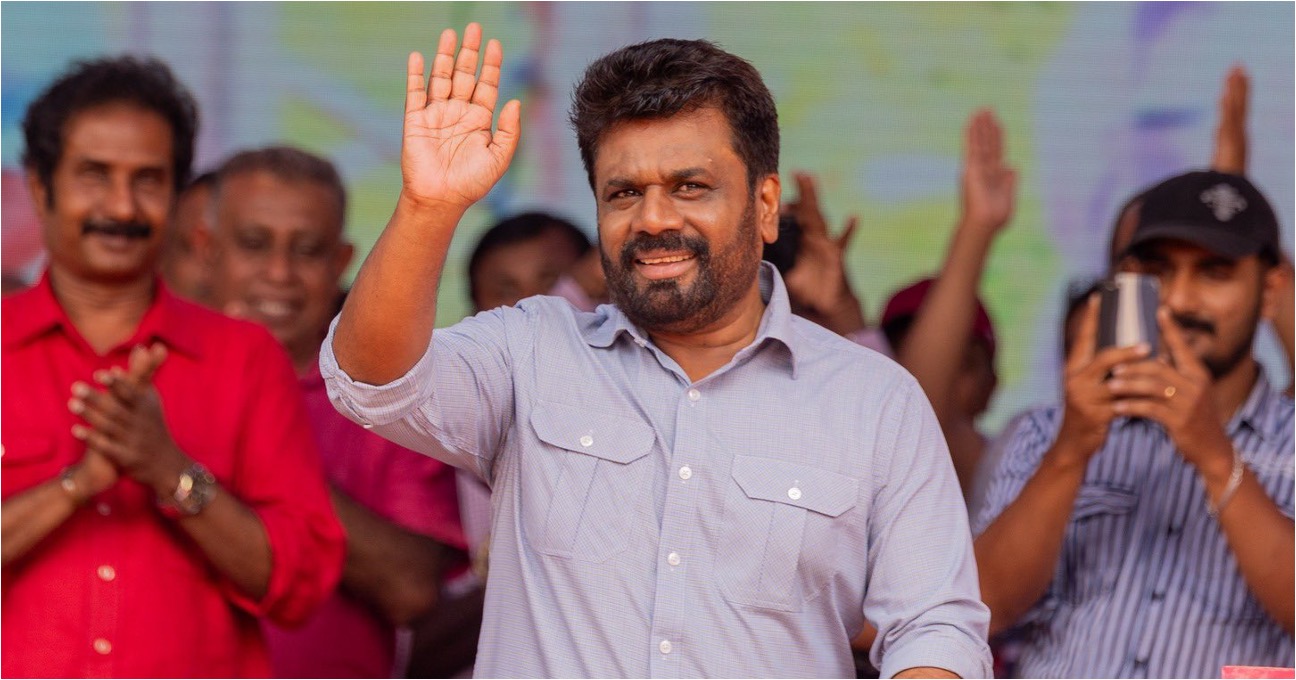Transcending the God of War

Image by Sunguk Kim.
“The man suspected in the incident . . . camped outside the golf course in West Palm Beach with food and a rifle for nearly 12 hours, according to court documents filed Monday. He is accused of lying in wait for the former president before a Secret Service agent opened fire, thwarting the potential attack.”
The guy was apparently waiting to assassinate Donald Trump — attempt #2 this election season to kill the former president. The would-be alleged assassin was thwarted before he fired a shot, but still . . .
What the hell?
Something is crazy-wrong in the Land of the Free and Home of the Brave. I think it amounts to this (to put it in advertising terms): The kwik-option to make your point — to win the argument — is way too readily available. Hate someone’s politics? Feel ignored? Feel your interests being threatened? There’s a far simpler “solution” available than actually trying to address the issue in the real world: Just kill it!
While I support more stringent gun-control regulations, I have minimal faith in a purely bureaucratic fix to this enormously psycho-spiritual issue. America is the inheritor of the delusion of empire — not just geopolitically but domestically. Our country was born not just in a cry for freedom (for some), but also in slavery and genocidal land theft. This hellish facet of our history hasn’t gone away. Our national belief in violence may hide behind the words on the Statue of Liberty — “Give me your tired, your poor,/Your huddled masses yearning to breathe free . . ,” — but this belief is at the core of who we are and how we act.
Let me put this another way: This is the god we worship.
We have a trillion-dollar annual military budget and — certainly throughout my lifetime — have launched unbelievably horrific wars around the world. We’ve claimed the mantle of global colonialism. We support our “interests” (excuse me, our security and our values) with, as Kamala Harris put it, “the strongest, most lethal fighting force in the world.”
This is how you get cheers: We run things, man. We run the planet. Hurray! My point here is that this attitude spreads — domestically — like a social disease. If you are a stalwart, unskeptical patriot, you have no choice but to worship the god of violence. And maybe, just maybe, you feel the presence of this god not just abstractly, at the level of the national government, but within your own soul. Hold a gun in your hand and suddenly you have the agency of the commander-in-chief. What could happen next is not hard to imagine. Indeed, as we know, it happens all the time.
In other words, mass killings, political assassination attempts or, indeed, any resort to violence, especially when such phenomena start to become “normal,” indicate a social problem that transcends gun availability. For God’s sake, why is this happening? It’s a social problem that is, you might say, spiritual in nature, and must be addressed as such — whatever that means.
At the very least, it means that, as a society — as a species — we need to move seriously beyond our worship of the god of violence, or what theologian and author Walter Wink has called “the myth of redemptive violence.” We need to move beyond our unquestioned assumption that it settles conflict and fixes problems. Talking to one another — negotiating with the enemy, transcending conflict by working to create a world that works for everybody — can be unimaginably complex. It doesn’t make for quick and easy headlines or movie plots.
Indeed, in the real world, violent “solutions” always cause further harm, even if some temporary good is also accomplished. Violent victories come with repression and eventual backlash. But you wouldn’t know this from the myth of redemptive violence, which endlessly portrays violence — well, “good violence” — as consequence-free.
As I wrote several years ago:
“Strike up the orchestra. Here’s how it plays out: John Wayne, the Ringo Kid, has climbed atop the stagecoach and the Apaches are tearing after them as the music swells. In two minutes of the 1939 John Ford classic Stagecoach, I counted 15 Indians dying, each one flying dramatically off his horse. There are hundreds of them, hooting, armed with rifles, but they never hit anyone. They have almost no impact on the valiant stagecoach, on which four white men return fire at the savages with grim precision. One of them actually has a wry smile on his face, relishing his opportunity to do so. They blast away. Eventually the cavalry shows up and the Indians flee.”
Yeah, the myth of redemptive violence is God’s gift to scriptwriters. And worse. It’s God’s pseudo-gift to lost souls who decide that their best hope is to blast all their problems off Planet Earth.
I write these words believing only this: Violence will never fully go away, but national policy must transcend war. All we can do is keep pushing beyond that myth of redemptive violence — toward redemptive connection and understanding.
I end with the words of a 12-year-old boy named Jose, who was in a writing class I convened for a while, many years ago, at a Chicago elementary school. I learned much about the nature of gang life from his words, including the ritual of tossing someone’s shoes over a telephone wire, as a memorial, if he’s shot, if he’s killed.
In a writing exercise, Jose wrote:
“One of my friends he got stabbed with a pencil because he was in a gang, but now he isn’t in a gang because he doesn’t want his family to see his shoes dangling from a telephone wire. And he wants to go back and fix all the things he has done wrong and now he never wants to have a relation with a gang member. Now he is in my house to play video games.”
America, America: It’s possible to transcend war. It’s possible to stop worshiping the god of violence.








